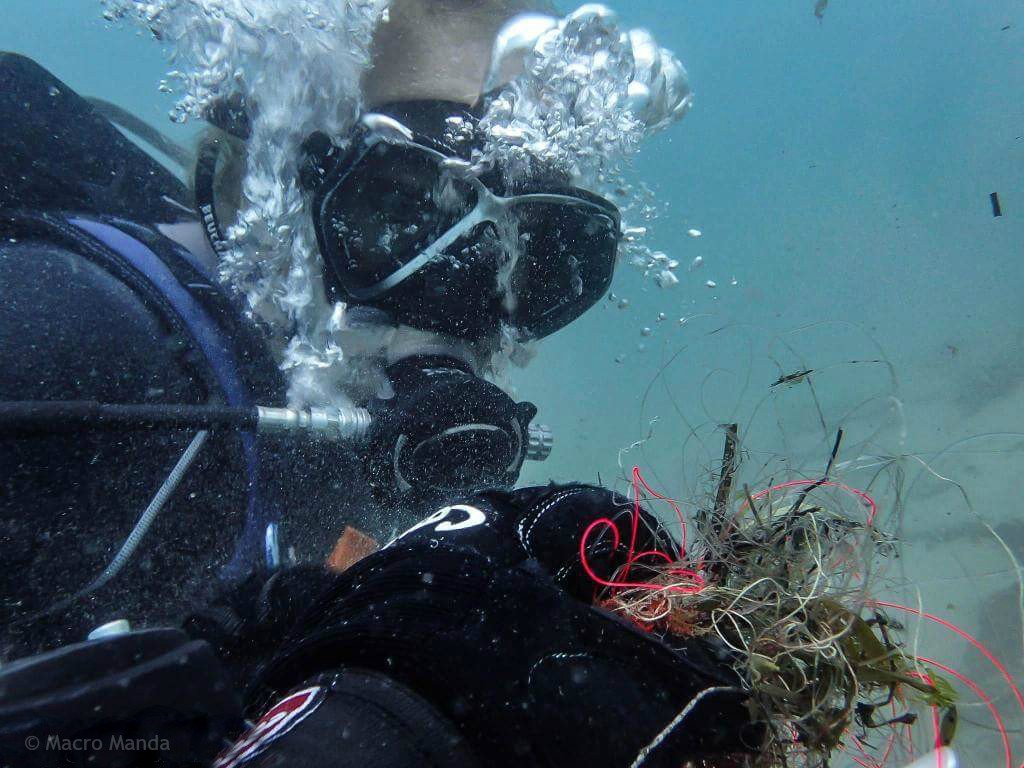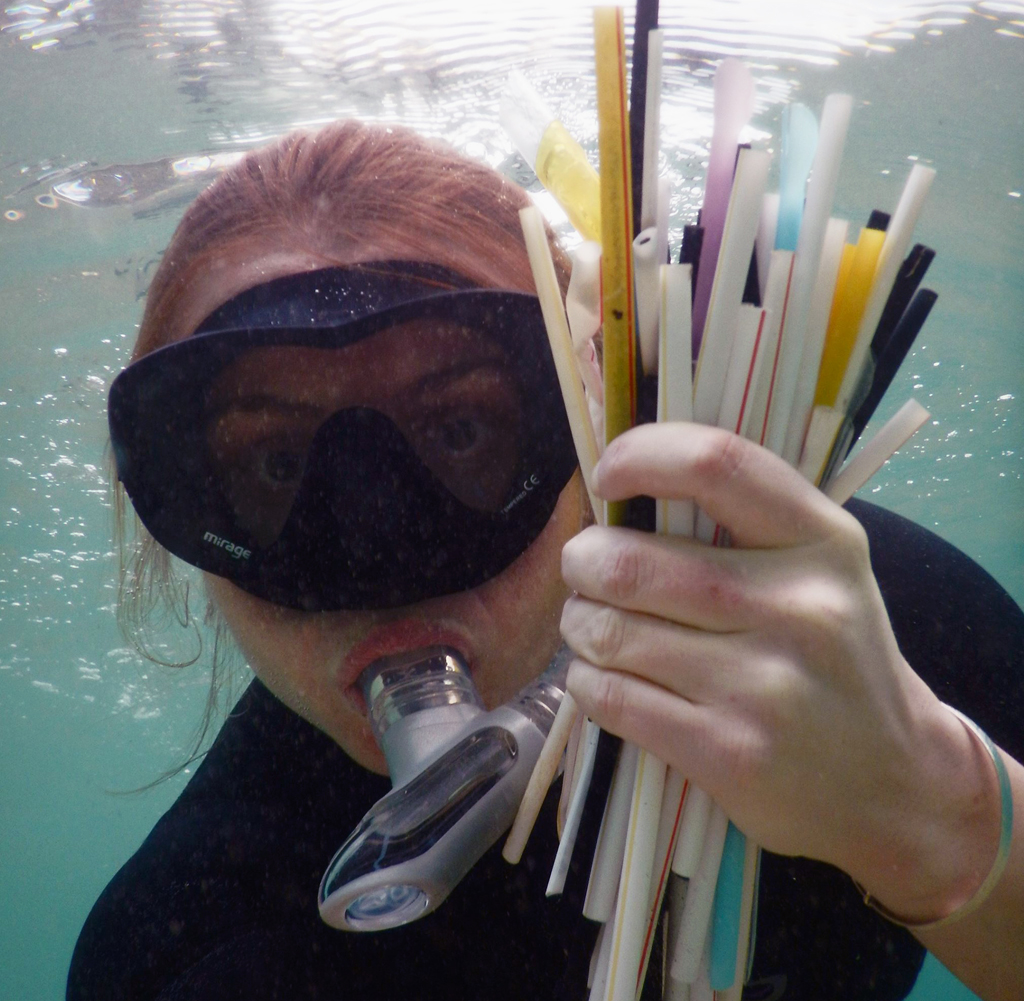Proposals Unveiled to Cut Red Tape for Divers Retrieving Marine Litter
A consultation to review and streamline the marine licensing system

As part of the government’s ongoing drive to clean up our seas, new proposals launched today (2 November 2018) will cut red tape and make it easier for divers to remove litter from the seabed.
Until now, a marine licence may be required for divers who retrieve litter or abandoned, lost and discarded fishing gear – known as ‘ghost gear’ – during the course of a dive.
Now, in a consultation launched today by Environment Minister Thérèse Coffey, divers will be exempt from the current requirement to have a marine licence – streamlining the existing regime and helping to tackle the 640,000 tonnes of ghost gear lost in our oceans each year.
The consultation also brings clarity to boat users who do not require a licence to collect litter or ghost gear from the ocean’s surface.
Environment Minister Thérèse Coffey said:
Diving communities play an important role in protecting our marine environment and tackling the litter and ghost gear that blights our oceans.
We want to make it easier for divers and other sea users to play their part, which is why we are looking at how we can cut red tape while still maintaining the highest protections for our precious marine life.
The proposals to tackle marine litter form part of a wider consultation on changes to the marine licensing system, designed to simplify the current rules and reduce unnecessary burdens on divers.
Existing marine licencing rules were introduced in 2011 to ensure activities such as construction and dredging are only permitted when they have taken into account environmental impact.
However, in recognition of the environmental benefits that marine litter retrieval can bring, the licensing rules have now been reviewed to allow divers to use equipment such as a lifting bag, a vessel or an aircraft to remove marine litter - while ensuring they still uphold the highest protections for habitats, protected species and items of archaeological or historical interest.
Chair of the British Sub-Aqua Club Alex Warzynski said:
As divers we see first-hand the damage to the marine environment done by abandoned and lost fishing gear along with other marine litter, and anything that Defra can do to make it easy for divers to clean up without fear of doing the wrong thing will help.
The new proposals will also allow harbour authorities to remove all marine litter as previously they have only been able to remove objects that present an immediate risk of obstruction or danger to navigation.
The UK Government joined the Global Ghost Gear Initiative (GGGI) in 2017, a consortium founded by World Animal Protection to collectively address the fishing litter issue.
Today’s announcement is the latest step in the government’s ongoing plan to tackle marine litter in our oceans. This includes a world-leading ban on microbeads which harm marine life, and plans to ban the sale of plastic straws, stirrers and cotton buds and introduce a deposit return scheme to drive up the recycling of drinks bottles and cans, subject to consultation.
announcement is the latest step in the government’s ongoing plan to tackle marine litter in our oceans. This includes a world-leading ban on microbeads which harm marine life, and plans to ban the sale of plastic straws, stirrers and cotton buds and introduce a deposit return scheme to drive up the recycling of drinks bottles and cans, subject to consultation.
The government also launched the Commonwealth Clean Oceans Alliance (CCOA) earlier this year which has seen member states join together in the fight against plastic pollution.
As one part of CCOA, the Commonwealth Litter programme will support six countries across the Commonwealth to develop their own national litter action plans focusing on plastics entering the oceans.
The consultation opens on 2 November and runs for 6 weeks.



